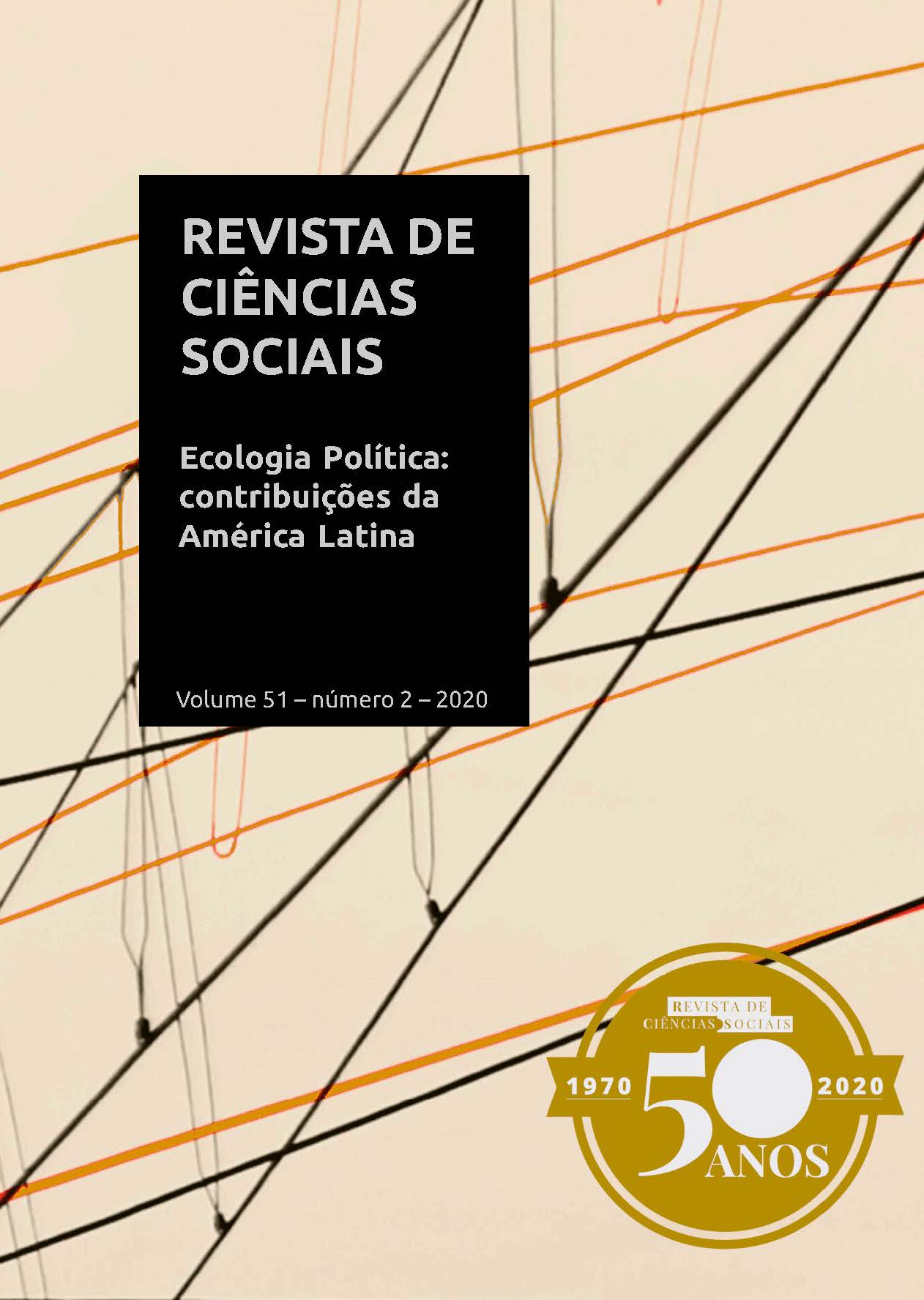Intertextual and narrative memory in the conformation of the ontologies of nature in the Mazahuas communities of Mexico.
Reflections from Latin American political ecology
DOI:
https://doi.org/10.36517/rcs.2020.2.d03Keywords:
Latin American political ecology, indigenous peoples, ontologies of nature, narrative, intertextual memoryAbstract
Various societies have conceived nature as an integral whole, a living entity. This ontological perspective is a way of being in the world and represents other ways of living with the environment. This text is a reflection from the contributions of Latin American political ecology, from which some analytical foundations are retaken for a study in the Mazahuas communities of the State of Mexico, regarding the forms of relational ontology and environmental rationality that these communities express in their territorial narratives and social memory. Methodologically, we was field work in the Mazahuas communities near the Lerma and Cutzamala rivers. Based on ethnography and in-depth interviews, the perception of water was identified, as well as the different conflicts over water resources and transfer projects.
Downloads
Published
How to Cite
Issue
Section
License
Autores que publicam nesta revista concordam com os seguintes termos:- Autores mantém os direitos autorais e concedem à revista o direito de primeira publicação, com o trabalho simultaneamente licenciado sob a Creative Commons Attribution License, que permite o compartilhamento do trabalho com reconhecimento da autoria do trabalho e publicação inicial nesta revista.
- Autores têm autorização para assumir contratos adicionais separadamente, para distribuição não-exclusiva da versão do trabalho publicada nesta revista (ex.: publicar em repositório institucional ou como capítulo de livro), com reconhecimento de autoria e publicação inicial nesta revista.
- Autores têm permissão e são estimulados a publicar e distribuir seu trabalho online (ex.: em repositórios institucionais ou na sua página pessoal) a qualquer ponto antes ou durante o processo editorial, já que isso pode gerar alterações produtivas, bem como aumentar o impacto e a citação do trabalho publicado (Veja O Efeito do Acesso Livre).



